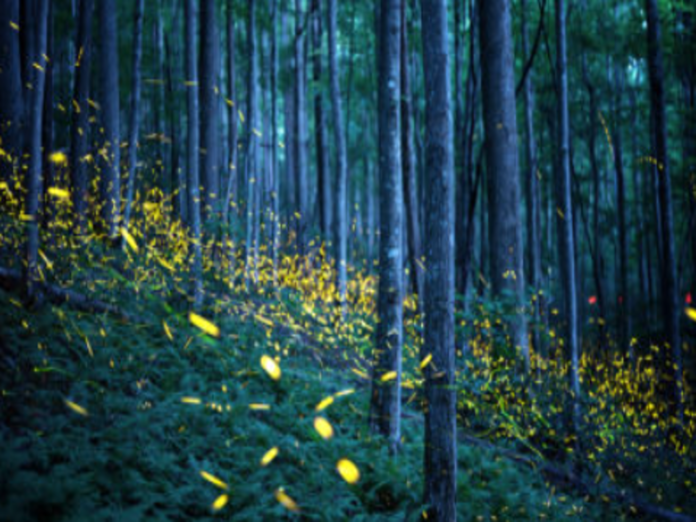Lightning Bugs Are At Risk Of Extinction, But We Can Prevent That From Happening
Tuesday, August 13, 2024, 9:00 A.M. ET. 4 Minute Read, By Elaine Metz, PhD. Environmental Sciences: Englebrook Independent News,
MANHATTAN, NY.- When I first spent a summer in the United States just two short years ago, one of the most amazing experiences I witnessed was capturing the beauty of lightning bugs, also referred to as fireflies.
There is something genuinely and truly mesmerizing about the bioluminescence that families can see each night from their backyards or from gazing out windows from inside their homes: a vibrant display of greenish-yellow flashes dancing across the night sky.
It elated me to learn that Americans who have witnessed these amazing insects throughout their lives still find them captivating and exciting. For the past two summers, I have found that I will never become bored or take for granted the magical dance of lights that this tiny insect performs night after night.
For many Americans, they are a symbol of summer and conjure fond memories of adults who, as children, caught them and put them in a jar, making firefly lanterns that they have passed down to their children and their children’s children.
However, in the midst of our biodiversity crisis, many insects are under threat. Lightning bugs, or fireflies, which are actually a kind of beetle, are rapidly declining in numbers. There are approximately 150 species of fireflies throughout the United States, and 18 of these have been classified as “at risk of extinction” by the Firefly Specialist Group of the International Union for Conservation of Nature.
Loss of natural habitats is the main driver of their population decline, which is being caused by overdevelopment, draining of wetland areas, and light pollution, which impedes the firefly’s communication with one another. In addition to these, the increasing use of pesticides is contributing to the population decline.
However, compared to other insect species, we know relatively little about fireflies’ fate, as most of the evidence for their decreasing numbers is anecdotal.
Christopher Heckscher, professor of environmental science and ecology at Delaware State University, suggests that this is partly because to study fireflies, you must be willing to work at night and often in remote places. Heckscher has devoted the past 20 years to researching fireflies along the East Coast to better understand these beloved creatures.
There are a few simple and fun things that anyone can do to help fireflies and aid researchers in gathering information on them so that they can be preserved more effectivity. For example, create a healthy and inviting environment for fireflies by leaving leaf litter or damp wood in areas of your yard, as fireflies spend most of their lives in soil under fallen leaves. Refrain from using chemicals like pesticides on your lawn that will also kill desirable insects.
Reduce light pollution by switching off outside lights or using sensitive lighting so that lights will not remain on all night. You can help preserve green spaces that will promote firefly communities by getting involved in advocacy for spaces in your local area.
As of now, it might be too late for most people this year as summer is coming to a close. But as for next summer, you might want to become a citizen scientist and record your firefly sightings on an online database. The Xerces Society for Invertebrate Conservation has created a firefly atlas, fireflyatlas.org, where members of the public can submit their findings and conduct a full survey if they wish.
Heckscher says that this really helps researchers to track firefly populations and even discover new populations. You can also attend a firefly festival, such as the South Jersey Firefly Festival, which includes education stations for all ages and trails to view the natural light show, so look out for these in your local area next summer.
In these ways, we can all support fireflies, so they may thrive and continue to bring a fascinating summer experience for all ages for years to come.


